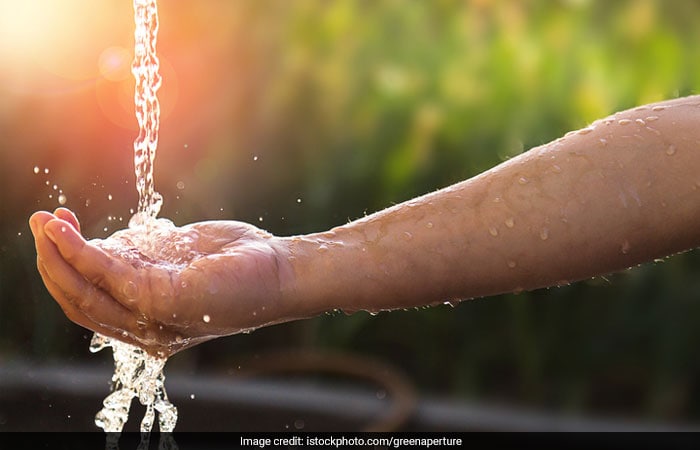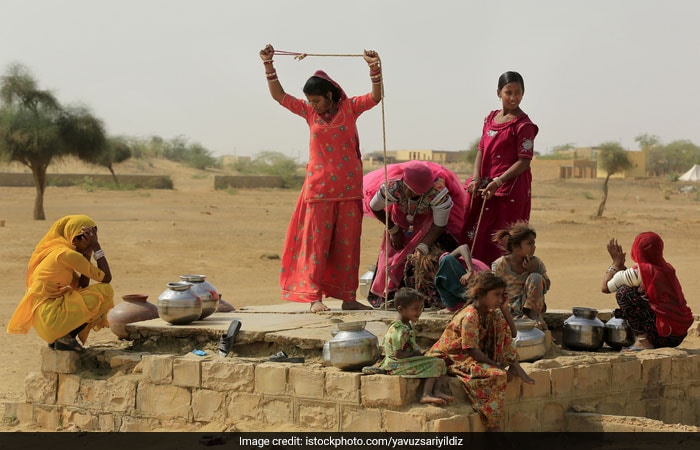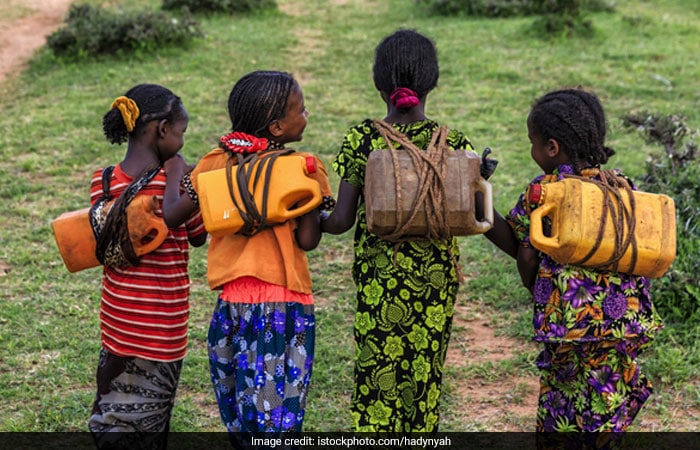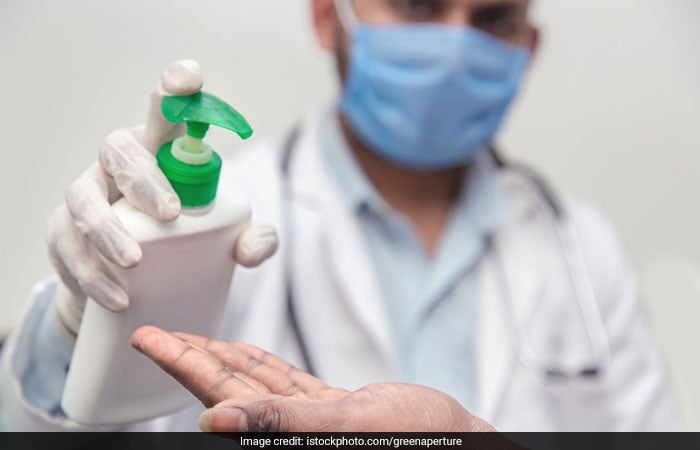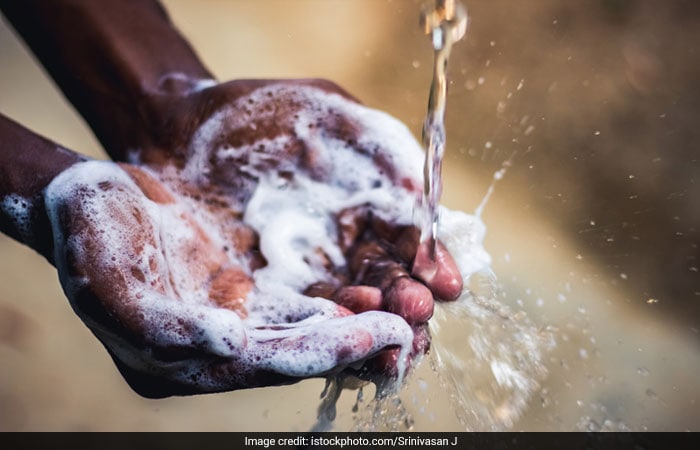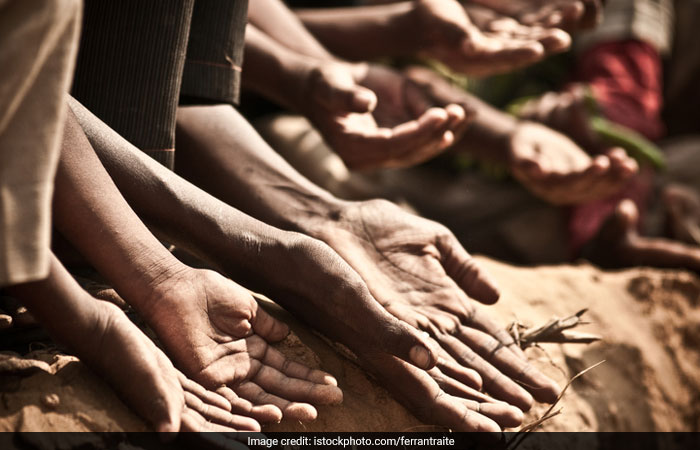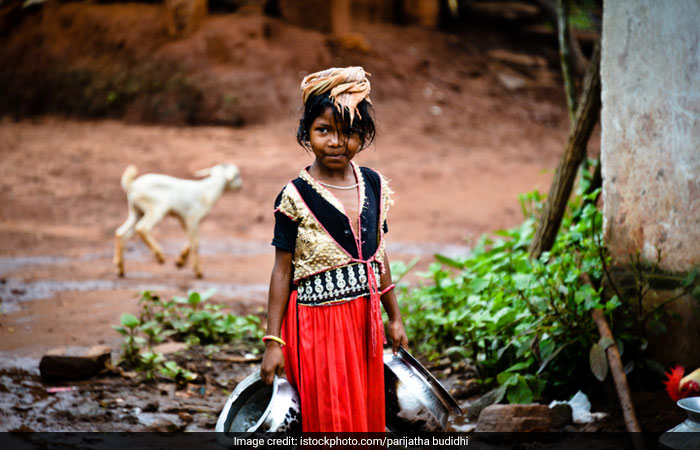Handwashing, A Vital Defense Against COVID-19, But Billions Don't Have Water To Wash Hands
According to the World Health Organization, frequent and thorough handwashing is among the most effective measures in restricting the spread of the coronavirus because the primary routes of transmission are droplets and direct contact. Therefore, experts recommend authorities to facilitate the provision of adequate water, sanitation and hygiene among communities in order to prevent the transmission and contain the COVID-19 pandemic. However, a large number of people across the globe are facing acute shortage of water. Because of this, for many, living in water-stressed countries, handwashing is a luxury.
-
The United Nations group called UN-Water says that over 2 billion people live in countries experiencing high water stress. It also said that at about 4 billion people across the globe suffer from severe water scarcity for at least one month a year and almost 700 million people worldwide could be displaced by intense water scarcity by 2030.
-
According to Composite Water Management Index-2019 Report of NITI Aayog, around 800 million people in the country face high to extreme water stress and as much as 70 per cent of the surface water resources are contaminated. Another study, published in the journal Environmental Health Perspectives in May, revealed that nearly 500 million people in India do not have access to effective handwashing because of lack of adequate water, putting them at a greater risk of acquiring and transmitting the novel coronavirus.
-
In 2019, almost half of the nation including Maharashtra, Karnataka, Madhya Pradesh, Gujarat, Tamil Nadu and Haryana faced a drought. Chennai faced one of the worst water stress situations with the city running dry in early 2019; Bangalore and Delhi are also severely water stressed and have large crowded urban centres with rising cases of virus infections.
-
This lack of water creates a barrier against the implementation of WHO's recommendation that says that washing hands thoroughly with soap for about 20-30 seconds before eating or making food, after defecation, before and after visiting a hospital, doctor's clinic or any other high-risk public place, can help in containing the COVID-19 pandemic and many other diseases immensely.
-
So how to avoid water woes in the time of a pandemic like the ongoing one? Promoting Sensor taps can be one of the solutions for reducing wastage of water while washing hands, said Vikas Bagaria, Founder, Pee Safe, a private company that promotes personal hygiene. He added that because of frequent handwashing with soap, the Earth will be overburdened with waste water which may further contaminate the groundwater. Also, the cities are sanitised using water sprays which consume a large volume of freshwater, adding to the current water crisis. Thus, the governments and policymakers around the globe must take a note of this as a future environmental concern, said Mr. Bagaria.
-
UN-Water Chair Gilbert F. Houngbo said in an interview in August, 'It is a disastrous situation for people living without access to safe water and safely managed sanitation. The chronic underinvestment has left billions vulnerable and we are now seeing the consequences.'
-
The UN-Water emphasised that the world needs to spend USD 6.7 trillion on water infrastructure by 2030, not just for the urgent sanitation needs, but to tackle longer term issues from the pandemic such as providing better irrigation to head off a potential food crisis.

